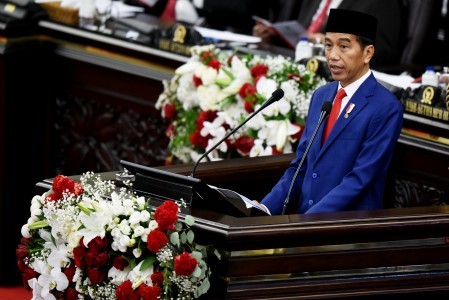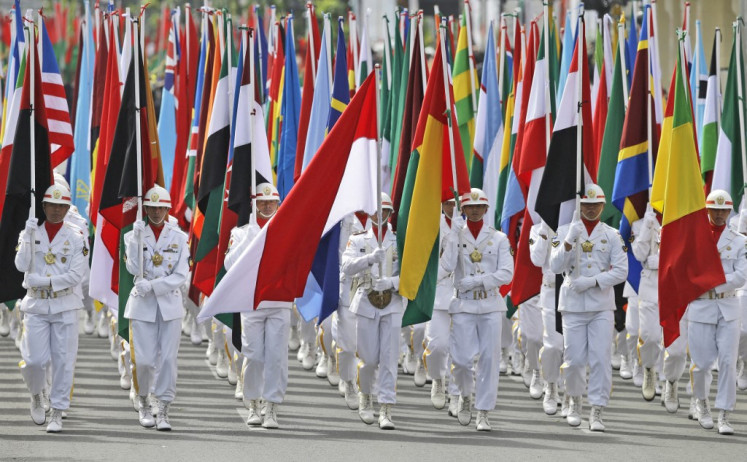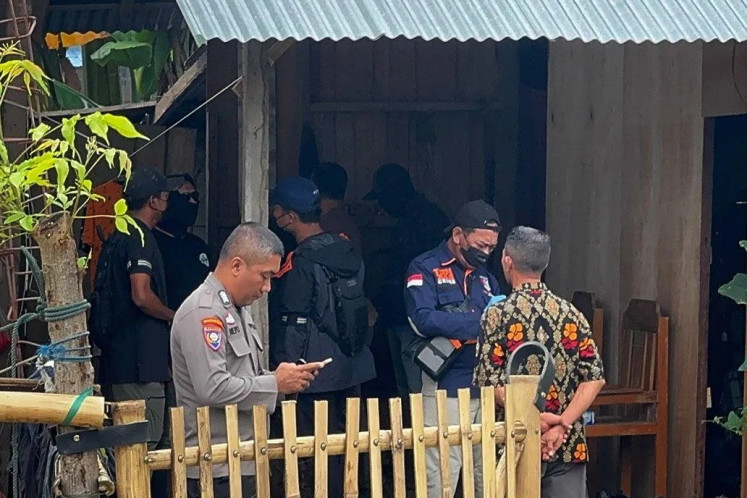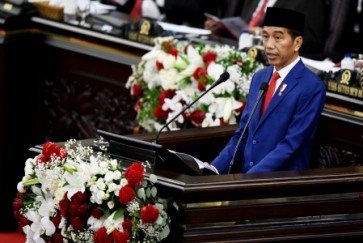Popular Reads
Top Results
Can't find what you're looking for?
View all search resultsPopular Reads
Top Results
Can't find what you're looking for?
View all search results2019 race: Early foreign policy views
How should foreign capitals interpret the latest development in Indonesia’s presidential race?
Change text size
Gift Premium Articles
to Anyone
A
fter months of speculation, a roller coaster week and even eleventh-hour surprises that left the nation on tenterhooks, we now know who will compete in the presidential election next year.
The incumbent, President Joko “Jokowi” Widodo, and his running mate, Indonesian Ulema Council (MUI) chairman Ma’ruf Amin, will go against his former opponent in the last election, Prabowo Subianto, who this time has selected outgoing Jakarta deputy governor Sandiaga Uno to be on his ticket.
During their candidacy announcements, it became clear that the economy would be a key battleground in the upcoming election. Though Jokowi has failed to deliver on the 7 percent gross domestic product (GDP) growth he had promised, the economy did beat expectations in the second quarter of 2018 to grow by 5.27 percent. At the same time, the country stands to benefit from the government’s aggressive infrastructure spending with Bank Indonesia forecasting GDP growth to be between 5.1 and 5.5 percent for the year.
Meanwhile, Prabowo has highlighted Indonesia’s falling rupiah, which is one of the region’s worst performers this year, the current account deficit, which has widened to its highest point in nearly four years, and the struggles of a number of state-owned enterprises as indications that not all is well.


















